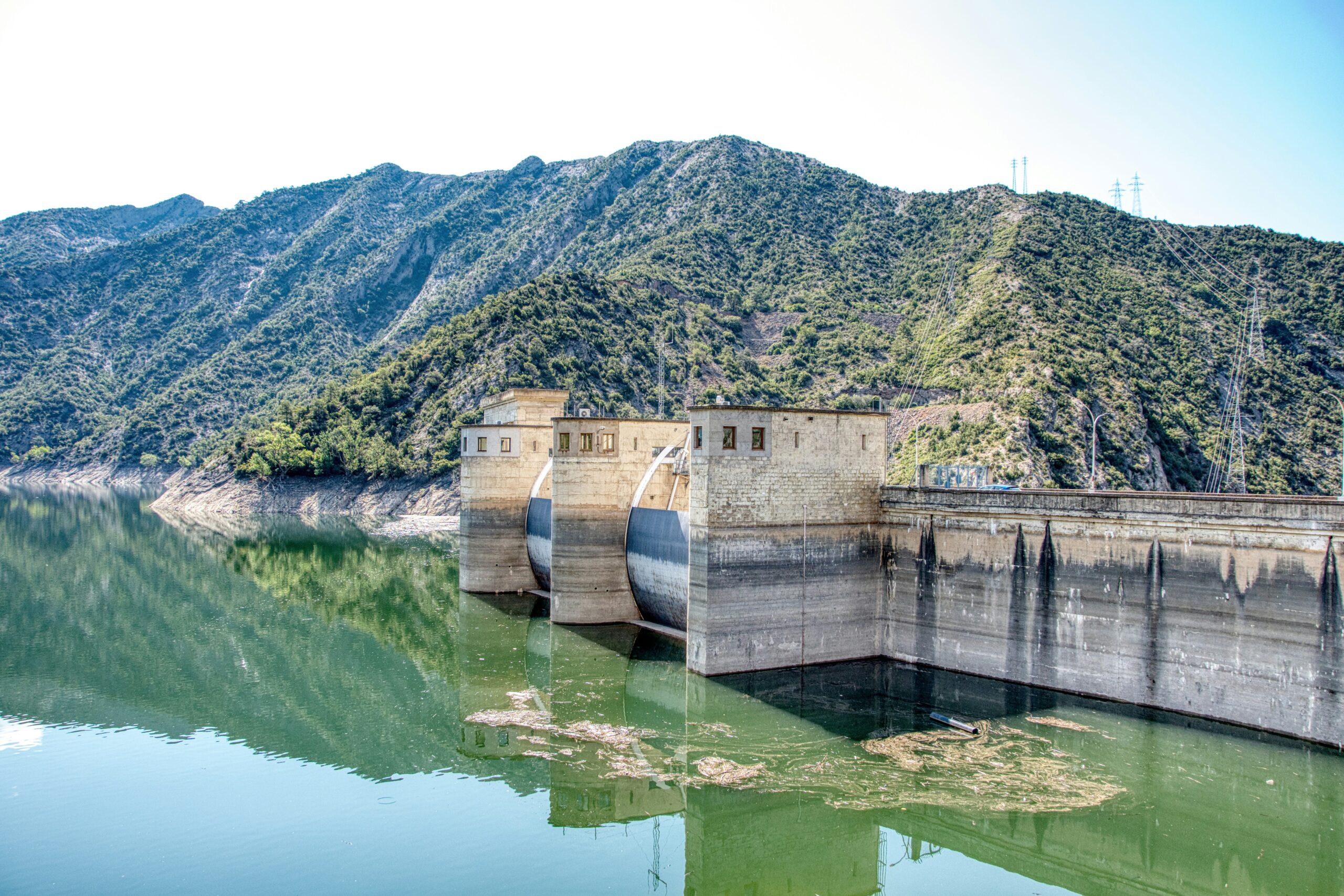
Water is one of the most critical resources for both human life and industrial operations. In recent years, companies have realized that sustainable water management is not merely an environmental obligation but also a strategic business priority. As industries expand, their water demand grows, making conservation and responsible usage more urgent than ever. Therefore, companies that integrate efficient water management practices are better positioned to reduce risks, enhance efficiency, and protect long-term profitability.
Moreover, effective water management supports broader sustainability initiatives by reducing a company’s environmental footprint. When modern businesses manage water responsibly, they not only conserve a valuable resource but also minimize pollution, energy use, and waste. Consequently, this contributes to achieving global sustainability goals such as the United Nations’ Sustainable Development Goals (SDGs), specifically Goal 6—clean water and sanitation.
Integrating Water Management into Corporate Strategy
To create meaningful change, companies must integrate water management into their overall sustainability strategies. Instead of treating water conservation as a separate issue, it should be embedded in every level of decision-making. For instance, manufacturing firms can redesign production processes to recycle and reuse water, while agricultural enterprises can adopt precision irrigation systems that minimize waste. By taking these proactive steps, companies not only reduce water consumption but also lower operational costs.
Additionally, water management must be linked with risk management. Many industries operate in regions facing water scarcity or climate volatility. Therefore, companies need to assess their water-related risks and build resilience through investments in technology and innovation. For example, smart water meters and digital monitoring tools enable businesses to track usage patterns and identify inefficiencies in real-time. Consequently, these tools enable faster corrective action and ensure sustainable use of resources.
Innovation and Technology Driving Water Efficiency
Technological innovation plays a vital role in advancing corporate water sustainability. Through digitalization and data analytics, companies can gain deeper insights into their water usage and identify opportunities for improvement. For example, artificial intelligence (AI) systems can predict water demand and optimize consumption based on production schedules and other relevant factors. As a result, organizations achieve higher efficiency and lower waste simultaneously.
Furthermore, new treatment and recycling technologies make it easier for businesses to reclaim wastewater for reuse. Industries like textiles, food processing, and energy production are investing in membrane filtration and zero-liquid discharge systems. These innovations not only reduce freshwater dependency but also demonstrate a company’s commitment to environmental responsibility. In turn, such actions enhance brand reputation and attract environmentally conscious consumers.
Collaboration and Community Engagement
Beyond internal operations, successful water management requires collaboration with external stakeholders. Governments, local communities, and non-governmental organizations (NGOs) all play crucial roles in ensuring equitable access to water. Hence, companies that engage with these groups can create shared value by developing joint conservation projects or community water programs. For example, partnering with local farmers to implement sustainable irrigation methods can benefit both business and society.
Moreover, transparent reporting and community involvement help build trust. When companies openly communicate their water goals and progress, they encourage others to participate in responsible practices. Consequently, this collaborative approach fosters long-term sustainability that extends beyond corporate walls.
Economic and Environmental Benefits
Effective water management delivers both economic and environmental advantages. On the financial front, reducing water waste leads to significant cost savings in utilities, energy, and production. Many companies have reported millions of dollars in annual savings by upgrading equipment and implementing leak detection systems. Over time, these savings contribute to a more resilient business model that can withstand resource scarcity.
From an environmental standpoint, managing water wisely helps reduce pollution and preserve ecosystems. Wastewater treatment and reuse lower the discharge of harmful chemicals into rivers and oceans, protecting aquatic biodiversity. Furthermore, by reducing their reliance on freshwater sources, companies help maintain natural water cycles and promote environmental balance. Thus, effective water management becomes a win-win scenario for both businesses and the planet.
Building a Culture of Sustainability
Ultimately, the success of any water management initiative depends on cultivating a culture of sustainability within the organization. Employees at all levels must understand the importance of conserving water and actively participate in achieving the set goals. Therefore, training programs, awareness campaigns, and incentive systems can play a key role in motivating employees to adopt water-efficient practices.
Additionally, leadership commitment is essential. When company executives prioritize sustainability, they set a powerful example for others to follow. This top-down approach ensures that sustainability becomes an integral part of the corporate DNA, rather than a temporary initiative. Over time, companies that embed environmental responsibility in their culture gain a competitive edge and secure their social license to operate.
Water management is not just an environmental responsibility—it is a vital component of corporate sustainability and long-term business success. By integrating efficient water strategies, leveraging innovation, collaborating with communities, and fostering a culture of responsibility, companies can safeguard both natural resources and their future growth. Sustainable water management is more than good practice; it is a commitment to a more resilient, equitable, and prosperous world.